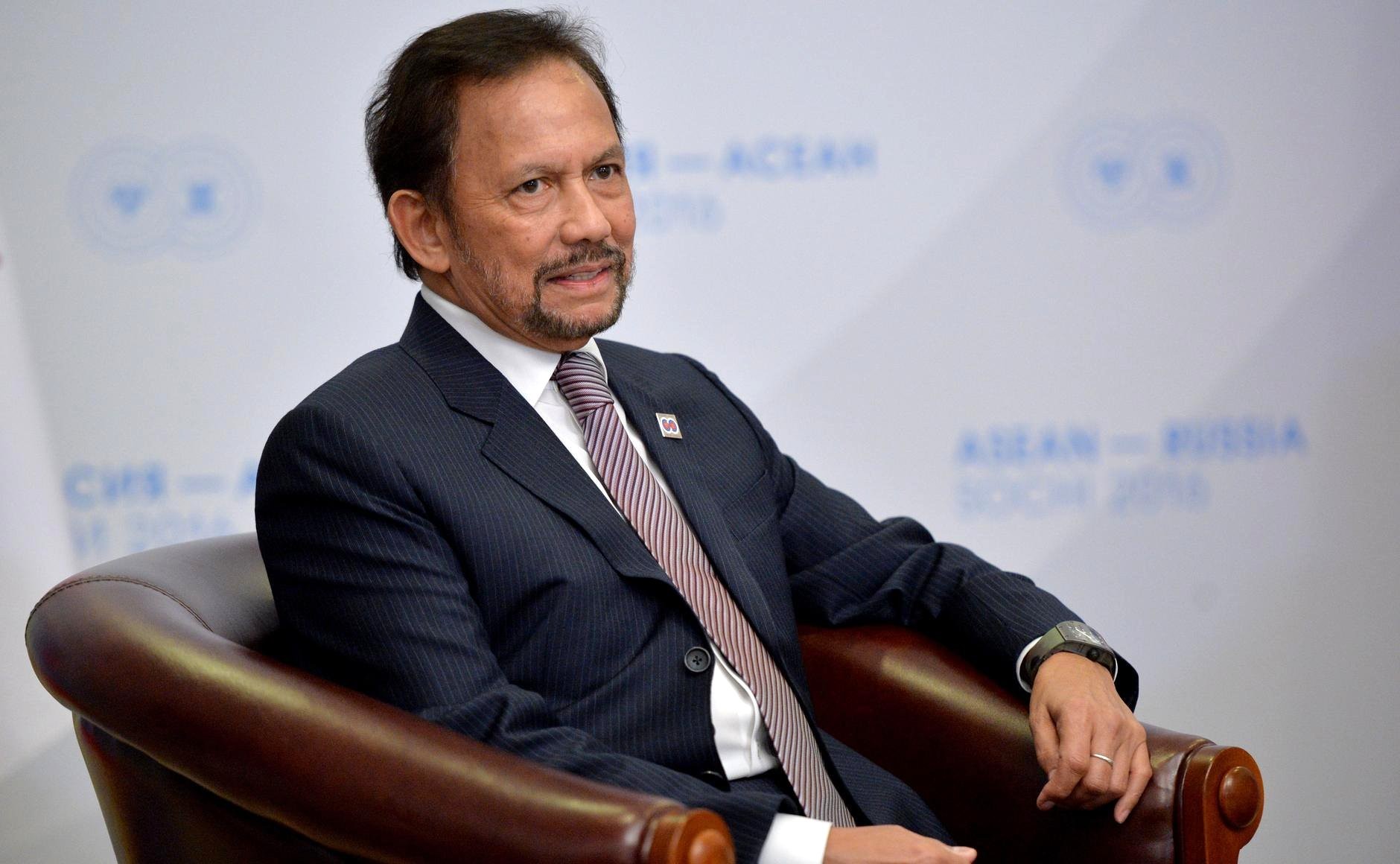Communities have long debated the issue of celebrity involvement in government and politics, with many disagreeing on how celebrities use their platforms as a way to influence their followers’ views. In the case of the Brunei Boycott, however, it is necessary for celebrities and other public figures to take the lead.
Earlier this month, several high-profile celebrities such as George Clooney, Ellen DeGeneres and Elton John began to boycott several luxury hotels owned by the Brunei government after the country introduced a new law that enforces death by stoning as a punishment for homosexuality. Brunei owns at least nine hotels internationally, including the Hotel Bel-Air in Los Angeles, the Dorchester in London and Hotel Eden in Italy, according to SBS News.
Americans continue to debate the issue of celebrities publicly voicing their opinions on governmental and political issues. In October 2018, the New York Times called on students from around the world to comment on whether celebrities should weigh in on politics, and the opinions put forth were mixed. Many commented that celebrities have the same rights as all citizens and should be able to express their opinions while others argued that celebrities have too much of an influence on people’s beliefs.
It is important for celebrities to get involved in the case of the Brunei Boycott, but not to simply use their platform to spread the news and share their opinion. Reporting from the Washington Post, the New York Times and other major news outlets have already done this, and the law is a clear violation of human rights. The importance is in the formation of the boycott itself.
Average citizens obviously do not have the means to regularly stay at or hold events at luxury hotels in the U.S. and around the world, but celebrities who regularly stay at these hotels are in a position to make a real impact.
Unfortunately, in the face of bigotry, voices do not always have the ability to spark change and fight oppression. Francisco Bencosme, the Asia-Pacific advocacy manager for Amnesty International, told the New York Times that public outcry is unlikely to create change.
“The more international outcry there is, it makes the sultan look more like he’s the defender of conservative Islam,” Bencosme told the New York Times.
In many cases, the only way that citizens can contend with powerful bigotry is through action. Celebrities have the ability to hit the sultan of Brunei where it hurts: his pockets. By refusing to stay or hold events at the hotels, celebrities can make an impact that the sultan cannot simply ignore.
Other citizens can still take to social media and other public forums to put pressure on celebrities and other public figures to participate in the boycott and call for the laws to be overturned. While people’s voices may not have an impact on the sultan of Brunei, they have an incredible influence on celebrities and public figures who rely heavily on the support of their followers.
While many in the U.S. and across the world still hold the belief that celebrities should not insert themselves into politics, it is important for celebrities to become involved in this specific case. The more support that celebrities give to the Brunei Boycott, the more likely other hotel patrons will take part in the boycott as well, creating a dent in the sultan’s wealth. For now, citizens must set differences in opinion aside and use their best offense to fight against the abuse and murder of the LGBTQ population in Brunei.



